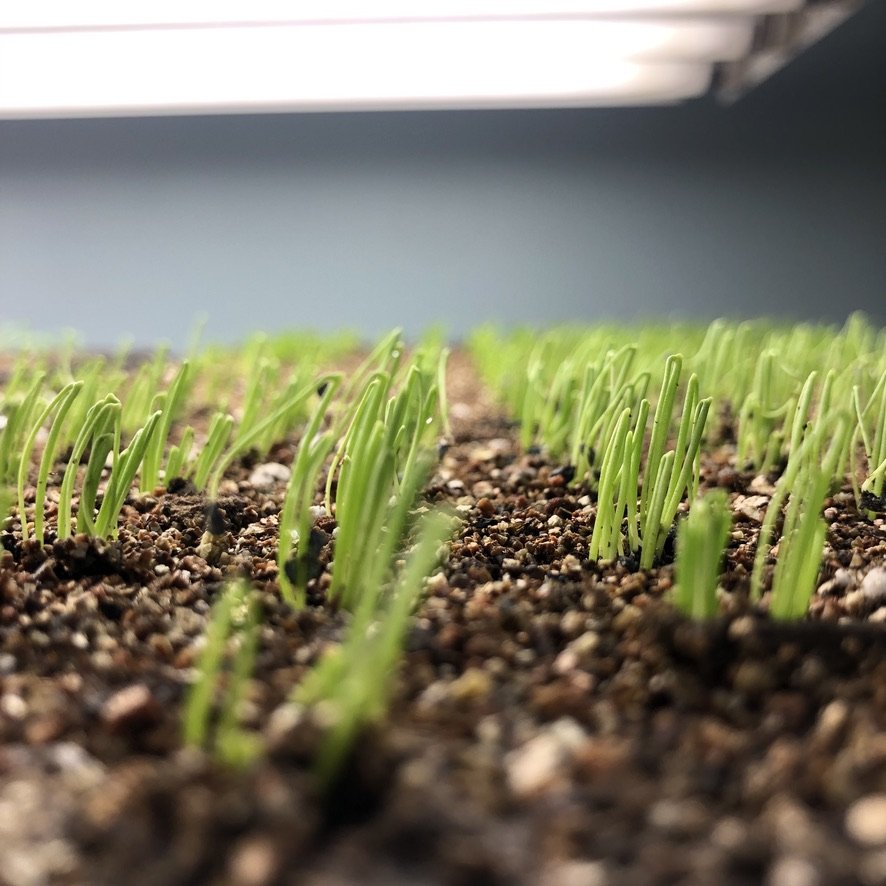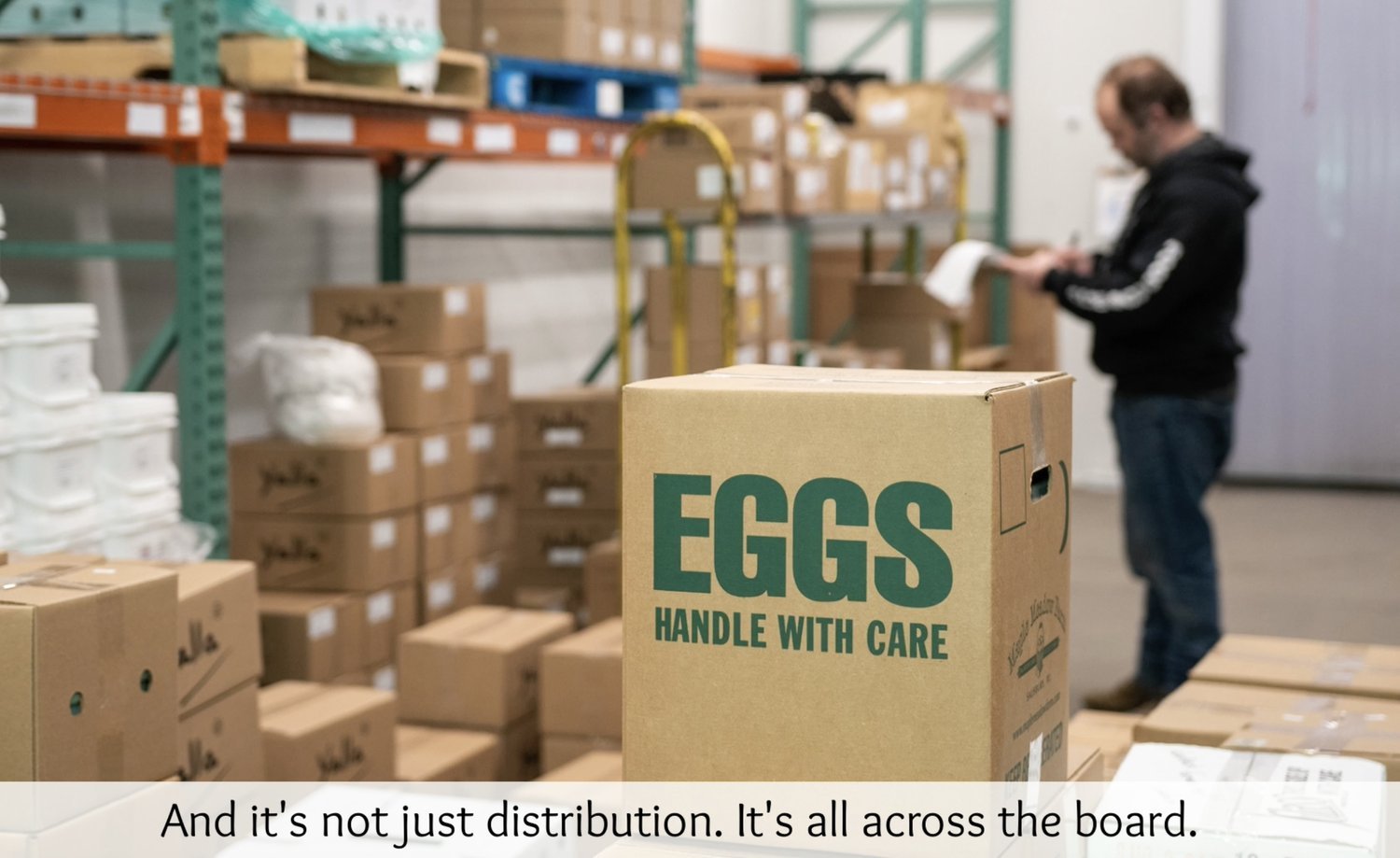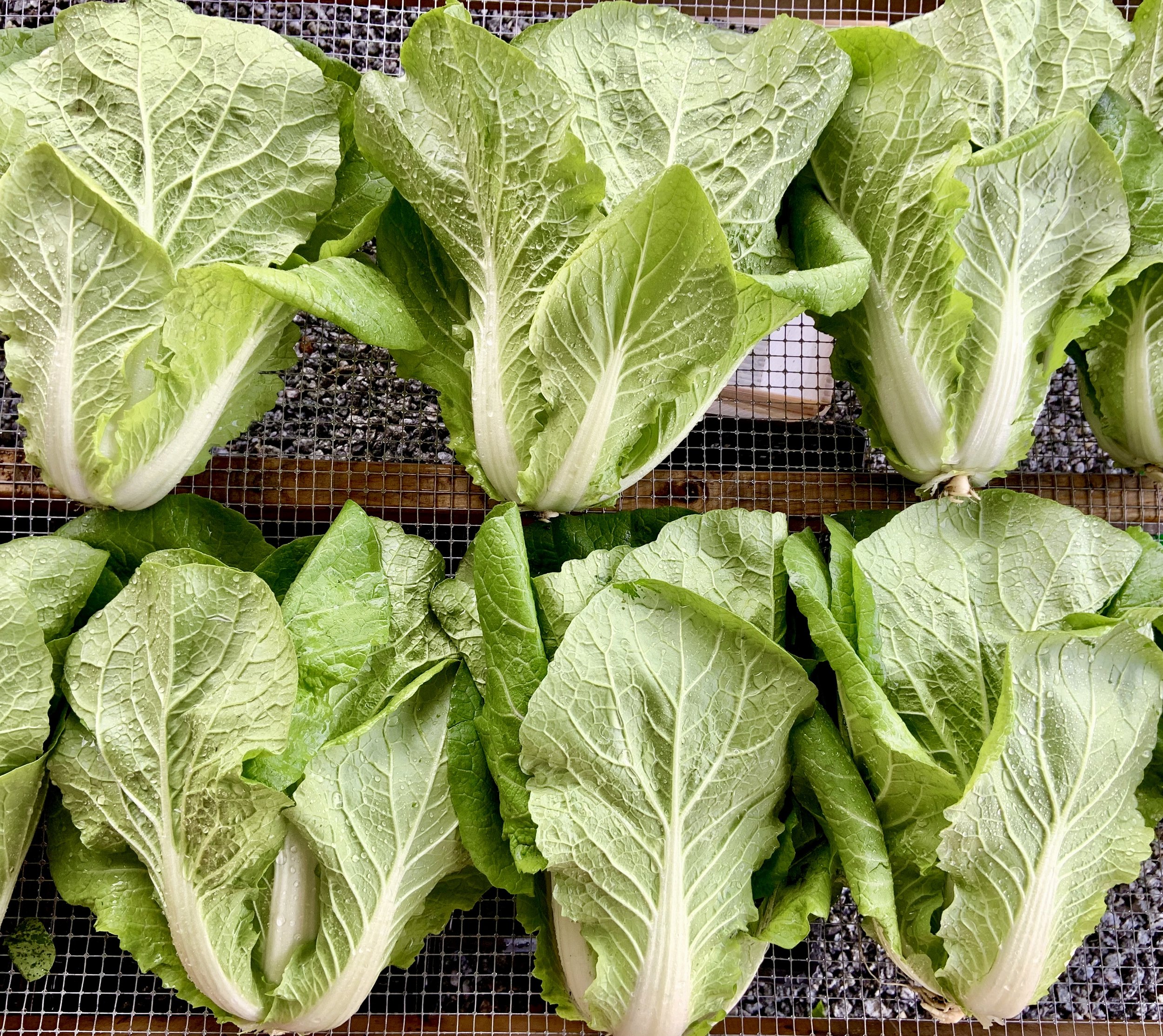
Blog
Deep dives into both timely and timeless food system topics

Nurturing Our Future: 4 Reasons to invest in climate resilience on the farm
Farmers play a crucial role in addressing climate change, and our agricultural land holds significant potential for environmental recovery - yet much hangs in the balance with federal funding freezes and the uncertainty of how we transition to regenerative agriculture.
Soil-building has been a primary focus on Kearsarge Food Hub’s Sweet Beet Farm for the past 5 years. The difference in crop yield and resilience on the farm is tremendous.
Farms that are equipped to embrace regenerative methods can create a win-for-all scenario: sequestering carbon in the soil, responsibly managing resources, bolstering supply chains, and providing safe, nutritious food for a growing population.

Introducing the 2025 New Hampshire Food & Agriculture Strategic
Join us, the NH Food Alliance, the NH Department of Agriculture, Markets, and Food, and all the people working across New Hampshire’s food system as we celebrate the official release of the 2025 New Hampshire Food and Agriculture Strategic Plan!
The plan exists both in print and as an interactive online platform, offering a wealth of information and recommendations for harnessing the power of collaboration to strengthen our food system.
Kearsarge Food Hub is honored to have contributed to the authoring of this Strategic Plan, alongside the expertise and guidance of hundreds of food system professionals.

Federal Policies Affect Food Security for NH Neighbors
Supplemental Nutrition Assistance Program (SNAP), previously known as food stamps, is a food access program funded by the United States Department Agriculture (USDA).
The funding and administration of SNAP involve collaboration among the Secretary of Agriculture, Congress, and the Farm Bill. Changing administrations can mean big or small changes to federal funding and prioritization of programs like SNAP.
This is a good time to review what this program does and how it supports low income families as there are significant budget cuts making their way through Congress that will have real impacts on millions of Americans.

2024 Love Local: Rebuilding the Middle of the Food Supply Chain
The 4th Annual Love Local event here at the Kearsarge Food Hub focused on folks in the middle of the food chain.

2023 Love Local: Meet Your Farmers + Makers Recap
2023 was a particularly challenging growing season for New England farmers and food producers, given the extreme weather events across the region and increasingly unpredictable weather patterns.

5 Awesome Reasons to Eat Local
When we support local food and farming operations, we are contributing to a more resilient and connected community where all neighbors are empowered to access healthy local food, local farmers are supported and the land is nourished, and all people share a common sense of place!

Micro Mama’s Celebrates Solar! Resources for food & ag businesses to transition to clean energy.
Stephanie Zydenbos, Micro Mama’s fearless leader, is an emblem of heart centered food production as community service. She was called to bring Micro Mama’s to life eight years ago, just as the living ecology of the fermented veggies she creates helps bring us to life when we eat them.

Developing a Food Hub Network In New Hampshire
We know that to work toward greater food and farm security for the Kearsarge area, we must work in partnership with statewide and regional food system efforts.

The Power of Local Food Systems
As summer memories fade and fall shines bright outside our windows, we reflect on last August’s NH Eats Local. The Kearsarge Food Hub, New Hampshire Food Alliance, and many other organizations spent the month championing the wonderful web of local food that New Hampshire has to offer.
